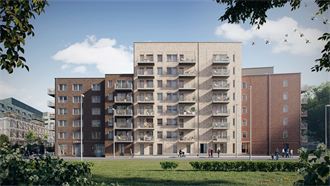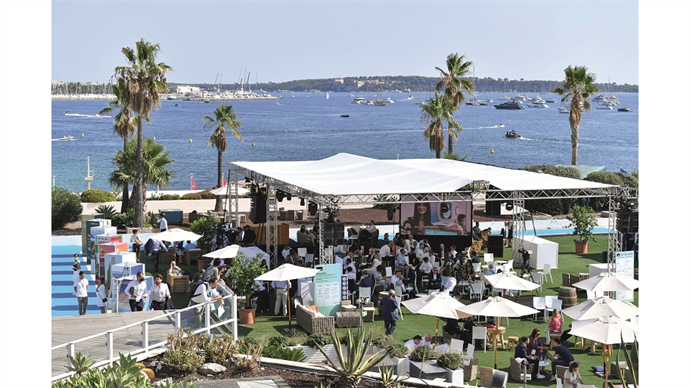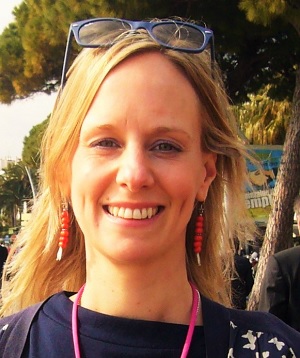The real estate industry said ‘yes we Cannes’ at the first opportunity to network again on the French Riviera in almost two years. But was it worth the trip?
ON THE CIRCUIT: That old Mipim magic
- In Magazine highlights
- 09:10, 07 oktober 2021
Premium subscriber content – please log in to read more or take a free trial.
Events
Latest news
Best read stories
-
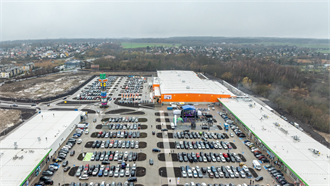
Trei invests €44m in Polish retail parks over 2024
- 19-dec-2024
International developer and asset holder Trei Real Estate has concluded 2024 with the opening of its 41st Vendo Park in Poland.
-
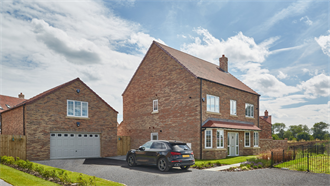
-
- 19-dec-2024
CDC snaps up Paris office from Deka

-
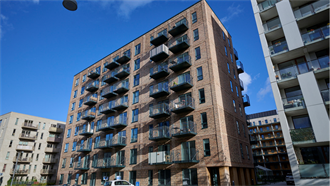
-
